Currently Empty: ₹0.00
DISTRIBUTED SYSTEMS (CST-019) UTU
Distributed systems are networks of independent computers that work together to provide services, ensuring consistency, scalability, and fault tolerance.
- Intermediate
- 62
- January 16, 2025
- Certificate of completion

About Course
Unit 1- Distributed Environment:
Introduction, Limitations, Remote Procedure Call, Remote Object Invocation, Message-Oriented Communication, Unicasting, Multicasting and Broadcasting, Group Communication.
Unit 2-Distributed Operating Systems:
Issues in Distributed Operating Systems, Threads in Distributed Systems, Clock Synchronization, Causal Ordering, Global States, Election Algorithms, Distributed Mutual Exclusion, Distributed Deadlock, Agreement Protocols
Unit 3- Distributed Resource Management:
Distributed Shared Memory, Data-Centric Consistency Models, Client-Centric Consistency Models, Distributed File Systems, Sun NFS.
Unit 4- Distributed Transaction Processing:
Transactions, Nested Transactions, Locks, Optimistic Concurrency Control, Timestamp Ordering, Comparison, Flat and Nested Distributed Transactions, atomic commit protocols, Concurrency Control in Distributed Transactions, Distributed Deadlocks, Transaction Recovery, and an Overview of Replication and Distributed Multimedia Systems.
Unit 5- Fault Tolerance and Consensus:
Introduction to Fault Tolerance, Distributed Commit Protocols, Byzantine Fault Tolerance, Impossibilities in Fault Tolerance.
Course Content
Unit 1- Distributed Environment:
-
Introduction of Distributed System.
-
How a Distributed System Works?
-
Characteristics of Distributed Systems
-
Types of Distributed Systems
-
Advantages and disadvantages of Distributive System
-
Limitations
-
Remote Procedure Call
-
Working of Remote Procedure Call (RPC)
-
RPC Stubs Overview
-
Implementation of RPC
-
Remote Object Invocation
-
Message-Oriented Communication(MOC)
-
How Message-Oriented Communication Works?
-
Characteristics of Message-Oriented Communication(MOC)
-
Unicasting
-
Multicasting
-
Broadcasting
-
Comparison of Uni-cast, multi-cast and broadcast
-
Group Communication
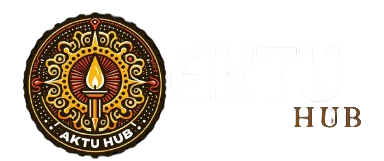

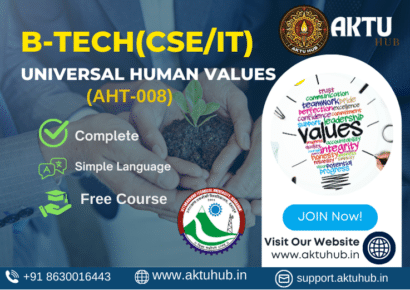
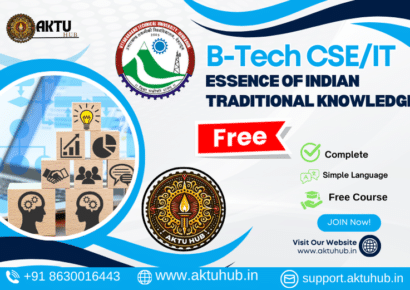
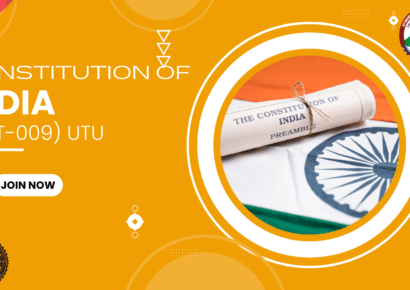
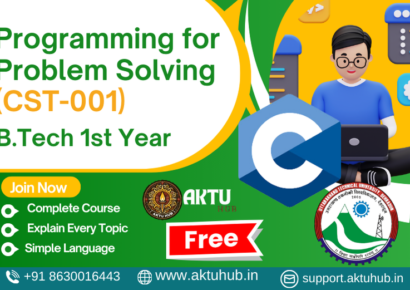

Ojha Darshana